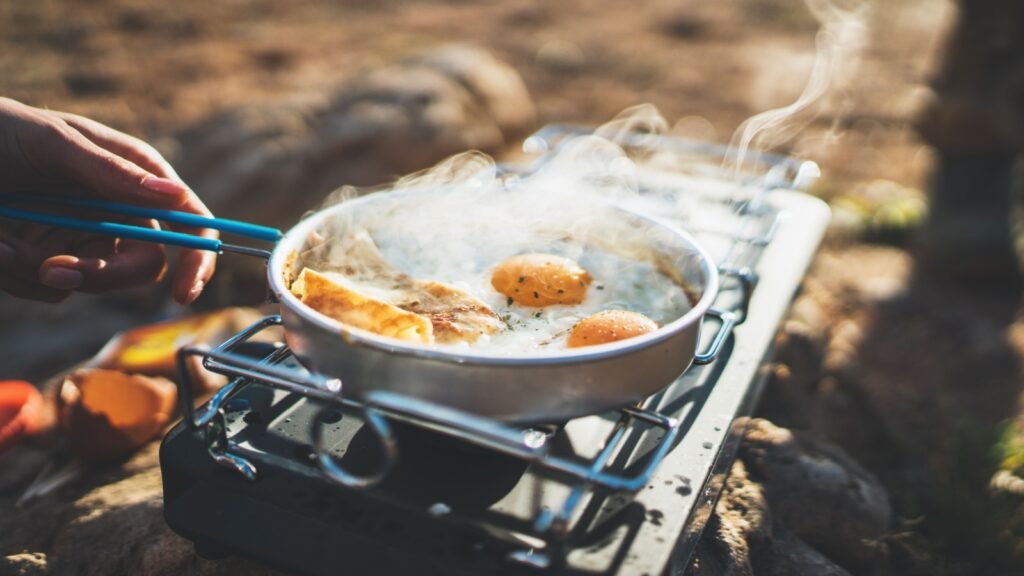Surviving winter without electricity is something every prepper should be ready for. If the grid goes down in the dead of winter, your ability to stay warm, hydrated, and fed becomes a critical matter of survival. Here are 12 vital things you need to prepare for a winter without power. This knowledge won’t just keep you alive—it’ll give you peace of mind knowing that you can handle whatever comes your way.
1. Alternative Heat Sources

Without electricity, your main concern during winter is staying warm. Invest in non-electric heat sources such as wood-burning stoves, propane heaters, or kerosene heaters. Make sure these are safe for indoor use and have proper ventilation to avoid carbon monoxide poisoning. Stock up on firewood, propane, or other fuels you’ll need to keep these running.
2. Warm Clothing and Blankets

Layering is essential. Have plenty of thermal clothing, insulated jackets, wool socks, and gloves to help retain body heat. Wool blankets or down sleeping bags are also effective for staying warm, even when temperatures drop.
3. Water Storage

Pipes can freeze without electricity to keep the house warm, so store enough water ahead of time—at least one gallon per person per day for drinking, cooking, and hygiene. You may also need ways to thaw ice or melt snow if your water supply runs out.
4. Non-Perishable Food

Without power, refrigeration isn’t reliable. Stock up on non-perishable food like canned goods, dried fruits, jerky, and nuts. Foods that require minimal preparation, like energy bars, are also useful. Keep a manual can opener on hand.
5. Cooking Alternatives

Consider how you’ll cook without power. Propane camp stoves, solar ovens, or even an open fire (if you have outdoor space) can be good alternatives. Keep in mind indoor air safety when using these and have plenty of fuel stocked.
6. Lighting

Winter days are short, so you’ll need reliable off-grid lighting. Stockpile flashlights, battery-powered lanterns, and plenty of extra batteries. You can also use candles, but be cautious of fire risks.
7. Backup Power

If you can, invest in a generator to keep essential appliances like a refrigerator, heater, or medical equipment running. Solar chargers for small devices, like phones or radios, can also be helpful.
8. First Aid Kit and Medications

Prepare for emergencies by having a fully stocked first aid kit and ensure you have enough medication to last through potential disruptions. This is especially important if roads become impassable.
9. Insulating Your Home

If the power goes out, your house will lose heat quickly. Insulate windows with plastic, use draft stoppers under doors, and close off unused rooms to retain heat where it’s most needed.
10. Communication Devices

Staying informed is critical. Keep battery-powered or hand-crank radios to receive weather updates or emergency alerts. Walkie-talkies can also be useful for short-range communication if cell towers go down
11. Fire Safety

Increased use of candles, fireplaces, and propane heaters can elevate the risk of house fires. Have fire extinguishers readily available and make sure smoke and carbon monoxide detectors have fresh batteries.
12. Mental and Physical Wellbeing

Winter isolation without electricity can take a toll. Prepare activities like board games, puzzles, and books to keep morale up. If the cold sets in, ensure everyone in the household is moving and staying active to prevent hypothermia.

